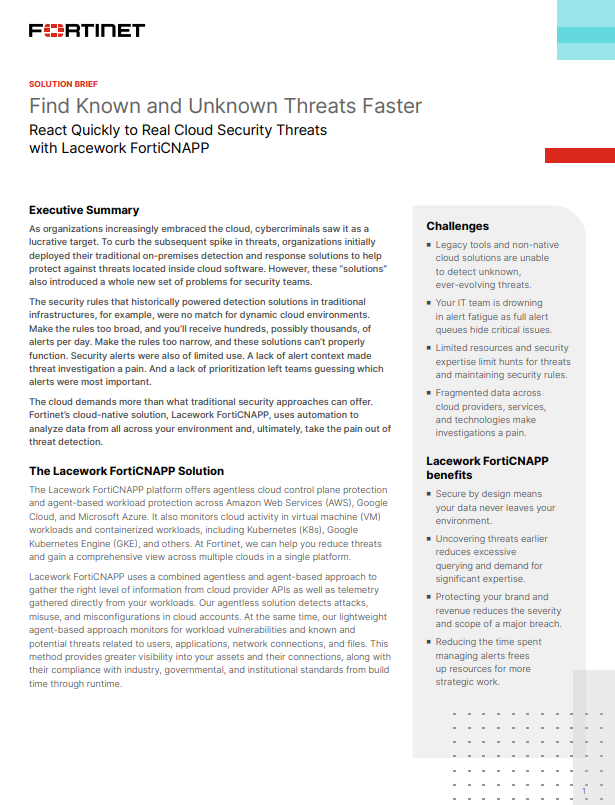Tech roles held by women increased by just 2% in 2021
Cyber security, electronics, and health were found to be the least gender-diverse sectors


The number of women in technology roles increased by just 2% year-on-year, from 25% in 2020 to 27% in 2021.
That's according to the latest findings from the Tech Talent Charter (TTC), which analysed data from 580 organisations that employ a combined 196,179 tech workers in the UK – an estimated 15% of the current UK tech-skilled labour force.
Across sectors, marketing was found to have the most gender-diverse workforce, with a median of 45% tech roles being held by women and other gender minorities. Cyber security, electronics, and health sectors were among the least gender-diverse, with some surveyed health companies not employing a single woman within a technology-based role.
Company size also proved to be a factor when employing gender minorities. Similarly to previous years, micro-organisations tended to have the most women-held roles (median of 33%), with the proportion decreasing with the number of overall employees. Medium and large companies employed less than a quarter (24%) of women in tech roles on average, with the proportion rising slightly for super-large companies at 27%.
Wales (45%) and Scotland (31%) were found to be home to the most gender diverse companies, while the East of England only employed 16% of women in tech roles per average. London remained in the middle of the league, with just over a quarter (26%) of tech roles filled by women.
Despite the marginal rise of women-held tech roles year-on-year, TTC found that the companies taking part in the survey were almost twice as likely to hire ethnic minority employees than the overall UK tech force – 20% and 11%, respectively.
Commenting on the findings, TTC CEO and co-founder Debbie Forster said that the organisation was “heartened to see diversity remaining a priority for so many companies through the pandemic”.
Get the ITPro daily newsletter
Sign up today and you will receive a free copy of our Future Focus 2025 report - the leading guidance on AI, cybersecurity and other IT challenges as per 700+ senior executives
However, she added that 2022 would be a “pivotal year as new working patterns become more normalised”.
“Inclusion must be baked in now, or the tech sector risks cementing inequalities that have been exacerbated by the pandemic. Sharing valuable insights on winning D&I strategies means that companies across the sector can learn best practices and more quickly bring about change for the greater good of the sector and the wider UK population,” she said.
Having only graduated from City University in 2019, Sabina has already demonstrated her abilities as a keen writer and effective journalist. Currently a content writer for Drapers, Sabina spent a number of years writing for ITPro, specialising in networking and telecommunications, as well as charting the efforts of technology companies to improve their inclusion and diversity strategies, a topic close to her heart.
Sabina has also held a number of editorial roles at Harper's Bazaar, Cube Collective, and HighClouds.
-
 How to empower employees to accelerate emissions reduction
How to empower employees to accelerate emissions reductionin depth With ICT accounting for as much as 3% of global carbon emissions, the same as aviation, the industry needs to increase emissions reduction
By Fleur Doidge
-
 Worldwide IT spending to grow 4.3% in 2023, with no significant AI impact
Worldwide IT spending to grow 4.3% in 2023, with no significant AI impactNews Spending patterns have changed as companies take an inward focus
By Rory Bathgate
-
 Report: Female tech workers disproportionately affected by industry layoffs
Report: Female tech workers disproportionately affected by industry layoffsNews Layoffs continue to strike companies throughout the tech industry, with data showing females in both the UK and US are bearing the brunt of them more so than males
By Ross Kelly
-
 How can small businesses cope with inflation?
How can small businesses cope with inflation?Tutorial With high inflation increasing the cost of doing business, how can small businesses weather the storm?
By Sandra Vogel
-
 How to deal with inflation while undergoing digital transformation
How to deal with inflation while undergoing digital transformationIn-depth How can organizations stave off inflation while attempting to grow by digitally transforming their businesses?
By Sandra Vogel
-
 How businesses can use technology to fight inflation
How businesses can use technology to fight inflationTUTORIAL While technology can’t provide all the answers to fight rising inflation, it can help ease the pain on businesses in the long term
By Sandra Vogel
-
 Embattled WANdisco to cut 30% of workforce amid fraud scandal
Embattled WANdisco to cut 30% of workforce amid fraud scandalNews The layoffs follow the shock resignation of the company’s CEO and CFO in early April
By Ross Kelly
-
 Some Tech Nation programs could continue after Founders Forum acquisition
Some Tech Nation programs could continue after Founders Forum acquisitionNews The acquisition brings to a close a months-long saga over what the future holds for Tech Nation initiatives
By Ross Kelly

